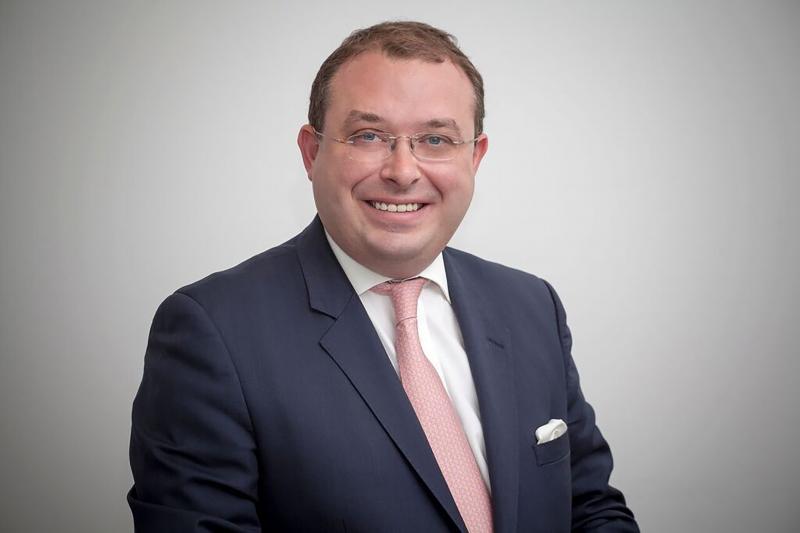
As befits his status as one of our industry’s more thoughtful members, Richard Bailey’s article on membership bodies within our industry is suitably insightful.
I agree with much of what Richard says.
But it would be wrong of me not to correct a couple of errors. And also to offer my own broader thoughts.
First, a few facts.
I know that the PRCA represents and regulates over 24,000 practitioners. And I believe the CIPR when it says that it represents over 10,000 practitioners. I also know that there is very little overlap in our respective membership bases. So I’d say that collectively we have at least 30,000 practitioners represented and regulated by our two organisations.
Now our 2016 PR Census tells us that the industry in total comprises 83,000 people. I don’t believe all of those 83,000 people do PR as their full time role, because of the blending of disciplines. So the industry probably has around 60,000 full time equivalents within it. Which puts that 30,000 plus number into a more accurate (and better) perspective.
Am I happy with that proportion? Absolutely not. But given the PRCA’s year-on-year growth over the past ten years, it does mean that more people are represented and regulated than ever before. And given that I see no reason for that growth to stop, we will soon reach the tipping point where a clear majority of the industry has opted into the ethical professionalism in which we believe.
I also have to take issue with Richard’s assertion that “neither the CIPR nor the PRCA had much to say when Max Clifford died last year”. Because that’s just not the case. When the Guardian reported his death it carried these paragraphs:
While he was hugely successful professionally for many years, his methods were not universally appreciated in the industry. Francis Ingham, the Director General of the Public Relations and Communications Association, said the body had never accepted Clifford as a member.
“I feel sorry for his friends and family. But it would be a lie to construct something nice to say on the death of Mr. Clifford. He did our industry a disservice by pretending to be part of it,” he said.
“As the industry’s professional body, the PRCA deliberately never gave him a platform, nor did we ever accept him as a member. On the contrary, we repeatedly condemned his work as being the opposite of ethical practice. Nobody in the PR industry will shed a single tear on his passing.”
Those two corrections are important to make.
More important though is the broader picture.
For years now, our line both in public and in private when asked about relations with the CIPR has been this: We are in favour of collaboration, up to and including merger. That remains the case.
We have, in fact, collaborated far more over the years than most people know or acknowledge. From joint events to jointly-organised endorsements, campaigns, and coordinated comments. I am highly optimistic that under Sarah Hall’s leadership, that collaboration will be deepened significantly.
As Richard rightly points out, both the PRCA and the CIPR exist to advance the interests of our industry; I've always been very aware of that. I am sure that we can achieve that aim by working together even more closely. And that there will be more of that kind of work this year than in any year that has preceded it. And that can be only a good thing.
